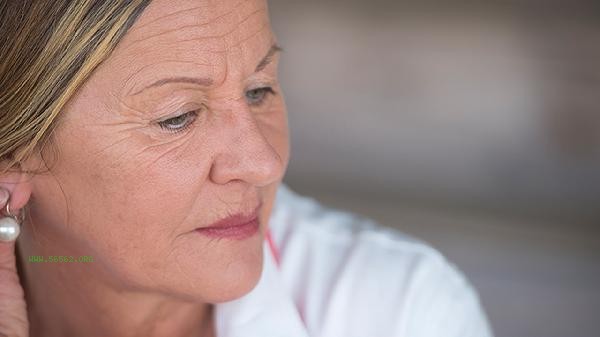Menopausal women should avoid high sugar and high-fat foods, spicy and stimulating foods, alcoholic beverages, caffeinated beverages, and high salt foods. These foods may exacerbate menopausal symptoms such as hot flashes, emotional fluctuations, and osteoporosis.

1. High sugar and high-fat foods
Cakes, fried foods, etc. contain a large amount of trans fatty acids and refined sugars, which can accelerate fluctuations in estrogen levels and induce insulin resistance. Long term intake may increase the risk of obesity and exacerbate menopausal metabolic disorders, such as abnormal sweating and fatigue. Suggest using healthy snacks such as nuts and Greek yogurt as substitutes.
2. Spicy and Stimulating Foods
Stimulating seasonings such as chili peppers and Sichuan peppercorns may dilate blood vessels and increase the frequency of hot flashes. Some women may experience increased night sweats after consuming it, which affects their sleep quality. When cooking, you can use onions, ginger, garlic, basil, and seasonings.
III. Alcoholic Beverages
Alcohol can interfere with the liver's metabolism of estrogen, exacerbating hormonal imbalances. After drinking alcohol, the duration of facial flushing may be prolonged, and the risk of osteoporosis and breast cancer may be increased. Although resveratrol in red wine is beneficial, it should not exceed 100 milliliters per day.

4. Caffeine drinks
Caffeine in coffee and strong tea has a central excitatory effect, which may induce symptoms of autonomic nervous system disorders such as palpitations and anxiety. Excessive intake can also accelerate calcium loss. It is recommended to control daily caffeine intake within 200 milligrams and avoid drinking in the afternoon.
V. High salt food
The sodium content of pickled food and processed meat is high, which may aggravate the retention of water and sodium and cause edema. A high salt diet can also raise blood pressure and increase cardiovascular burden. Menopausal women should control their daily salt intake below 5 grams and choose fresh ingredients for cooking.

Menopausal diet should pay attention to calcium and vitamin D supplementation, with a daily intake of 300 milliliters of low-fat dairy products, 50 grams of soy products, and an appropriate amount of deep-sea fish. It is recommended to adopt a Mediterranean dietary pattern, increase the proportion of whole grains and dark vegetables, and use olive oil more in cooking. Maintaining 150 minutes of moderate intensity exercise per week, such as brisk walking, swimming, etc., can help alleviate menopausal discomfort. When severe symptoms occur, timely medical attention should be sought to assess whether hormone replacement therapy is needed.




Comments (0)
Leave a Comment
No comments yet
Be the first to share your thoughts!